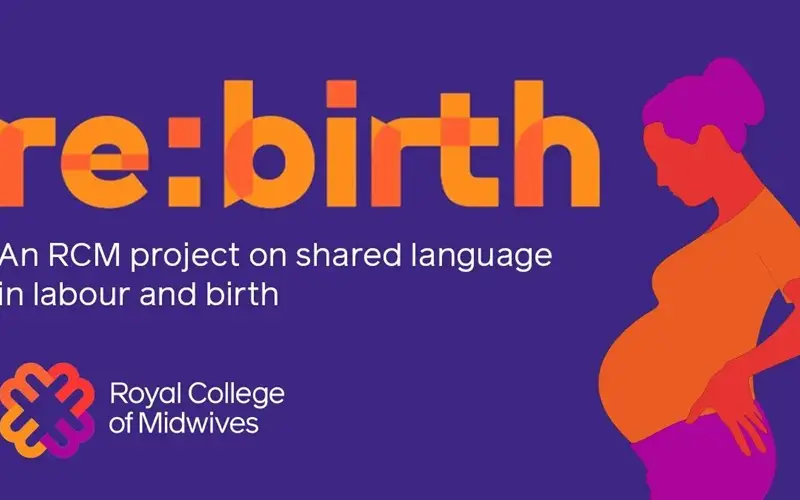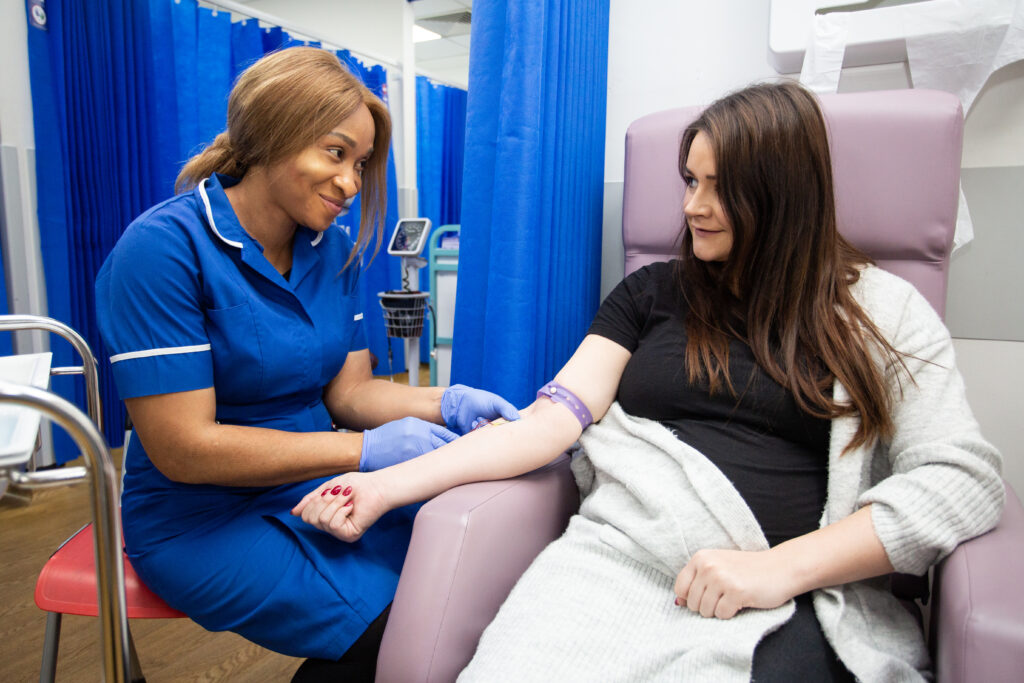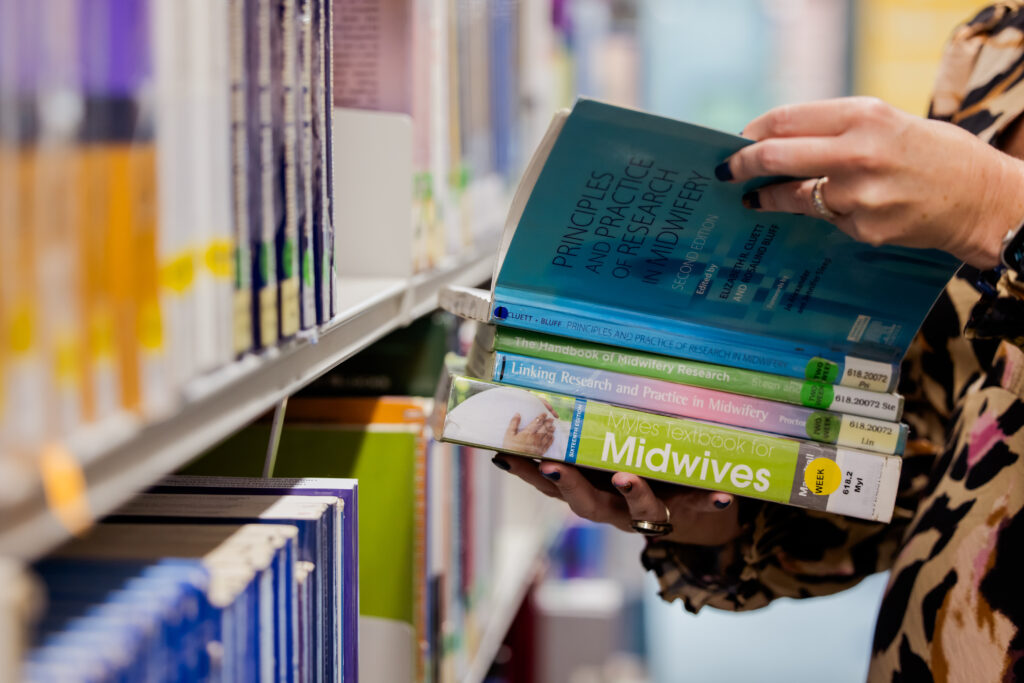The Re:Birth project report on shared language has been published by the Royal College of Midwives (RCM) outlining guidance to support midwives, allied health professionals and women to develop shared language for pregnancy, labour and birth.
The Re:Birth project, which began in 2020, saw thousands of people provide their insight into language used during pregnancy, labour and birth, including over 1,500 women who had given birth in the last five years.
From the analysis of responses, the Re:Birth report highlights the five As to ensure the needs and wishes of women are at the heart of all conversations about their care:
- Acknowledge – If the woman has had a previous birth, acknowledge this as a birth (independently mode of birth), or if this is her first time. It should also be acknowledged if she has had a previous loss.
- Ask – How does the woman describe the birth she would like to have or has had? Listen to her previous experiences.
- Affirm – Check the language used in her notes to describe any previous birth. Is it described accurately in her view? Are there any other terms she wishes to describe her experience?
- Avoid – Try to avoid making assumptions about her choices. Don’t make your own interpretation of what you think her experience may have been or use terminology on her.
- Annotate – Record the woman’s own description of her experience of giving birth as accurately as possible, including her preferences and the terminology she uses.
Chief Executive of the RCM, Gill Walton, said: “The relationship between a midwife and the women in her care is an incredibly intimate one. The role of the midwife is to advise and support women, to listen to them and to advocate on their behalf. To do that successfully, we have to share a language. That is why Re:Birth is so important. It puts women’s choices at its heart, so that they are in the driving seat when it comes to how their labour and birth are described.
“We know that, particularly in England, there has been an increasingly heated debate around the term ‘normal birth’. Whatever your personal perspectives, it’s clear that when describing labour and birth, the term means many different things to different people, which has caused misunderstanding, confusion and upset. These public conversations have raised questions about all the terms we use to describe different types of birth. How can we ensure that the language we use helps support safe and high quality care? Which terms serve our maternity community best? Many of us involved in maternity care, including the Royal College of Midwives, believe that this language needs to be reviewed and, in a sense, reborn. Hence, Re:Birth.”
The aim of the project was to identify what language is used in maternity care notes, audits and reports to describe different types of birth.
It was found that the word ‘birth’ was the preferred term to talk about all births collectively instead of ‘delivery’. Caesarean birth was also most popular with respondents than using the terms ‘operative birth’ or ‘caesarean section’.
The RCM will be sharing their findings with NHS Trusts and Boards across Britain and Northern Ireland, as well as stakeholders in maternity care. It is hoped that the report will encourage shared language across services to ensure consistency in delivering personalised care for women and their families.
The Independent Chair of the Re:Birth project, Shirley Cramer CBE, added: “Pregnancy and birth are extraordinarily personal, and personalising care is central to good outcomes and experience. There has been a great deal of debate in recent years about the language around birth, and the impact it can have. During this project, for example, women were keen to tell us how terms such as ‘failure to progress’ or ‘lack of maternal effort’ can contribute to feelings of failure and trauma.
“In every aspect of our lives, language matters – and in health and care settings, it’s even more important. How we communicate with each other can determine the quality and impact of the care given and received, which is why developing a shared language is so important. How we use language inevitably evolves over time, but we hope that the Re:Birth project will help to embed a shared, respectful way of discussing birth.”
The full Re:Birth project report can be accessed here.


